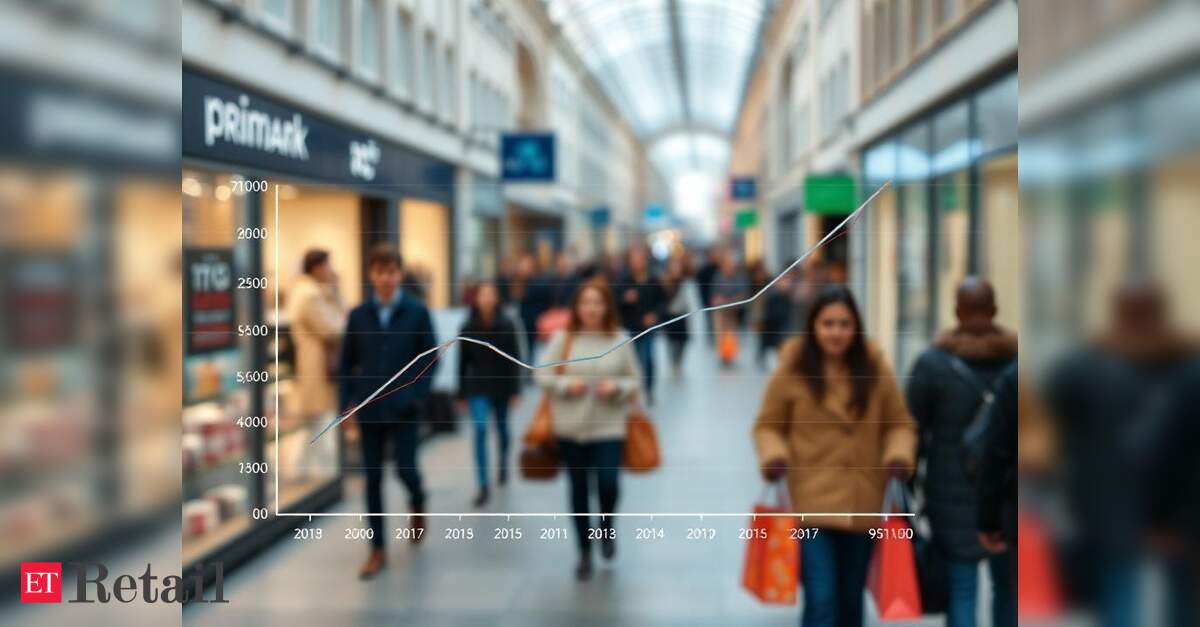
Associated British Foods said underlying sales at its Primark clothing business are expected to fall about 2 per cent in its second half, as improved trading in the UK and Ireland is offset by weaker consumer demand across continental Europe.
The group, which also owns major grocery, sugar, agriculture and ingredients businesses, cautioned on Wednesday that it expected the consumer environment “to remain uncertain”, sending its shares down 10%.
AB Foods said like-for-like sales in the UK and Ireland over the six months to September 13 are expected to be close to flat, helped by favourable weather, and improving from the 6.0 per cent fall recorded in the first half of its financial year.
Primark also forecast strong sales growth in the United States in the second half.
However, in Europe, while sales have risen during the period in Spain, Portugal and in Central and Eastern Europe, they have fallen in France, Italy and Germany.
“The consumer is in a very difficult and negative place across so much of continental Europe now,” CEO George Weston told Reuters.
Analysts at Panmure Liberum said trading at Primark in Europe was “softer than expected”.
Separately on Wednesday, Zara owner Inditex, the world’s biggest listed fast-fashion retailer, reported a better start to its autumn sales.
AB Foods said overall second half trading in its food businesses, which include grocery brands such as Twinings tea, Jordans cereals and Ovaltine drinks, was in line with its expectations.
Last month, AB Foods bought the Hovis bread brand. It also said it was closing its Vivergo bioethanol plant after the UK government refused financial support.
Analysts forecast the group as a whole will report an adjusted operating profit below the 2 billion pounds ($2.7 billion) made in 2023/24, mainly because AB Foods expects its sugar business to report a full year loss.





